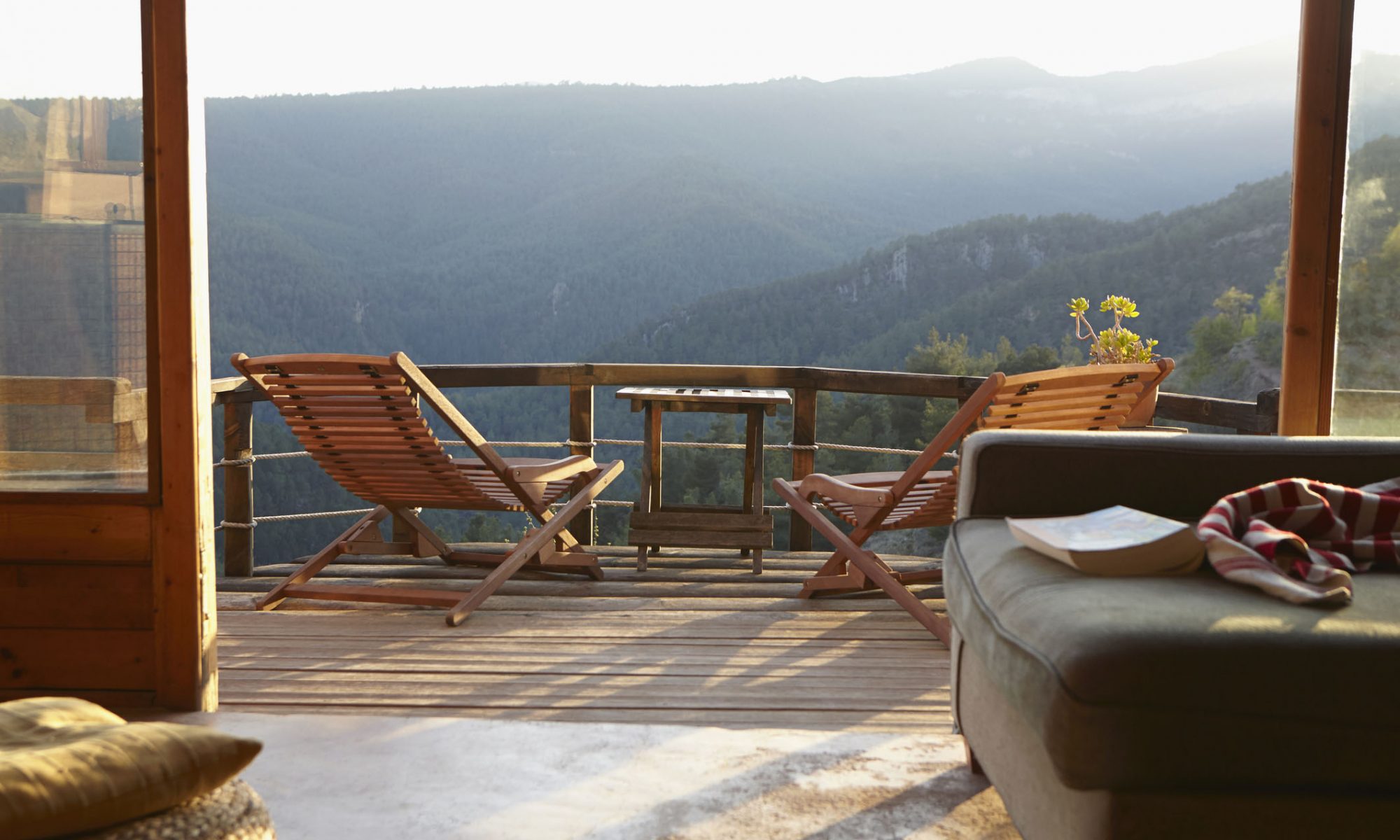5 steps to owning the second home of your dreams
By the sea, in the mountains or in the countryside, owning a second home can be a dream come true. But however personal your choice, buying property is a major investment that requires a reliable financial partner and good planning. Learn to tackle the key financial issues associated with your purchase in five steps.
Step 1: Making a plan
Do you want to buy a second home in Luxembourg or abroad? Should it be by the sea, in the mountains or in the countryside? Are you looking for an off-plan apartment or an existing home? A property just for you, or for seasonal let too?
These are all questions that you should answer before beginning the search for a second home. You will also need to plan a strict budget, taking into account all of the recurring and one-off costs of buying property.
To calculate your monthly loan repayments, use our simulator or schedule a meeting at your bank.
Step 2: Financing your plan
To determine the amount that you can invest in buying your second home, it is important to consider the size of your down payment and any outstanding loans. Generally speaking, your monthly repayments must not exceed one third of your steady income. You can choose between variable, revisable and fixed-rate loans.
To ensure that the loan principal and interest will be repaid, your bank will usually require the following guarantees:
- A primary mortgage on the property or land to be financed, or that of a guarantor; or a mortgage on a property that you already own outright (with no other mortgage on it)
- Wage assignment
- Mortgage protection insurance, which is recommended and may even be necessary to protect your home
If you cannot make a down payment, your bank may consider a 100% mortgage if you can provide certain additional collateral.
It is important to account for the costs that will recur regularly or even occasionally once you own your property (…).
Step 3: Planning for recurring costs
It is important to account for the costs that will recur regularly or even occasionally once you own your property, especially if you do not intend to let it. Be sure to consider:
- Any necessary renovations and upgrades
- Moving costs and decorating (paint, flooring, etc.)
- Home devices (appliances, television, etc.)
- Condominium fees
- Maintenance costs (for the garden, swimming pool, chimney, etc.)
- Bills (water, electricity, gas, telephone, etc.)
- Levies, council tax, property tax, waste removal fees, etc.
- Insurance (comprehensive home insurance or alternative)
Step 4: Letting your second home
To help you cope with recurring costs and make your investment profitable, you have the option of letting your home seasonally, i.e. at certain times of the year (by the week or month, for example). Although you are free to set the rent yourself, you should try to follow market standards for where your property is located. NB: depending on the country, the formalities needed to let property seasonally may be lengthy and trying. Income tax may also vary considerably.
You may choose to let your property yourself (a number of websites specialise in advertising private holiday rentals). You can also appoint an estate agent to let the property. In exchange for a share of the rent, the estate agent will take care of everything: finding tenants, collecting deposits, etc.
If you are a Luxembourg taxpayer, buying a second home will not give you the same benefits available to people buying primary residences.
Step 5: Understanding the tax rules
If you are a Luxembourg taxpayer (resident or non-resident), buying a second home will not give you the same benefits available to people buying primary residences. For example, mortgage interest on a second home is not tax deductible. The taxes imposed will also depend on the country in which your property is located. You can find the necessary information on the Housing Ministry website. And visit www.guichet.public.lu for help completing your tax return.
If you own a second home in Luxembourg, rental income on the property will be taxed according to the amount of rent received after costs are deducted (maintenance, repairs, debit interest, etc.). If your second home is located outside Luxembourg, then rental income will be taxed in the country in question. However, you must still declare this income (as well as your costs) on your Luxembourg tax return for it to be exempt.
If the property is sold, the capital gain is taxable in the country in which the property is located. If the property has been owned for more than two years, then the capital gain need not be included on the Luxembourg tax return as tax-free income.
This guide is useful, but it does not cover every aspect of buying a second home. Please contact your banker to find out more about each of these steps. And to ensure you consider every factor of your personal situation, you are advised to seek advice from an expert such as an architect or lawyer.


 Mortgage
Mortgage Personal loan
Personal loan Savings
Savings